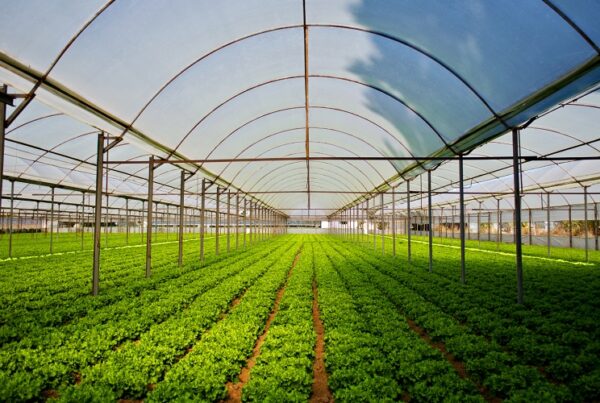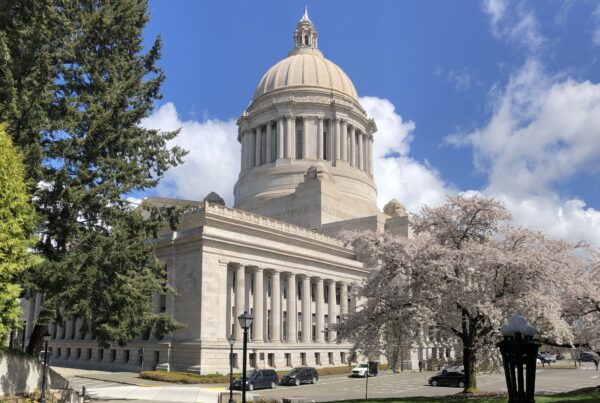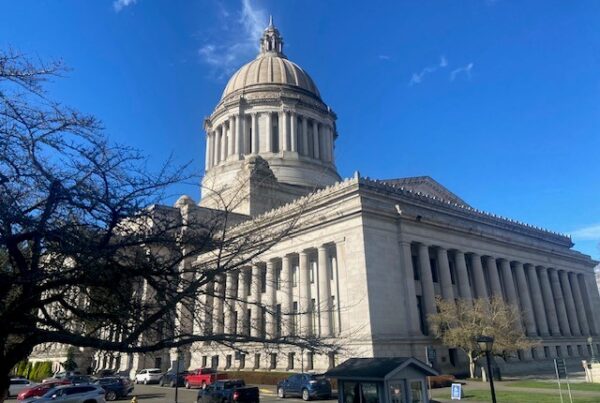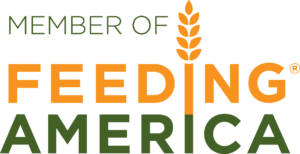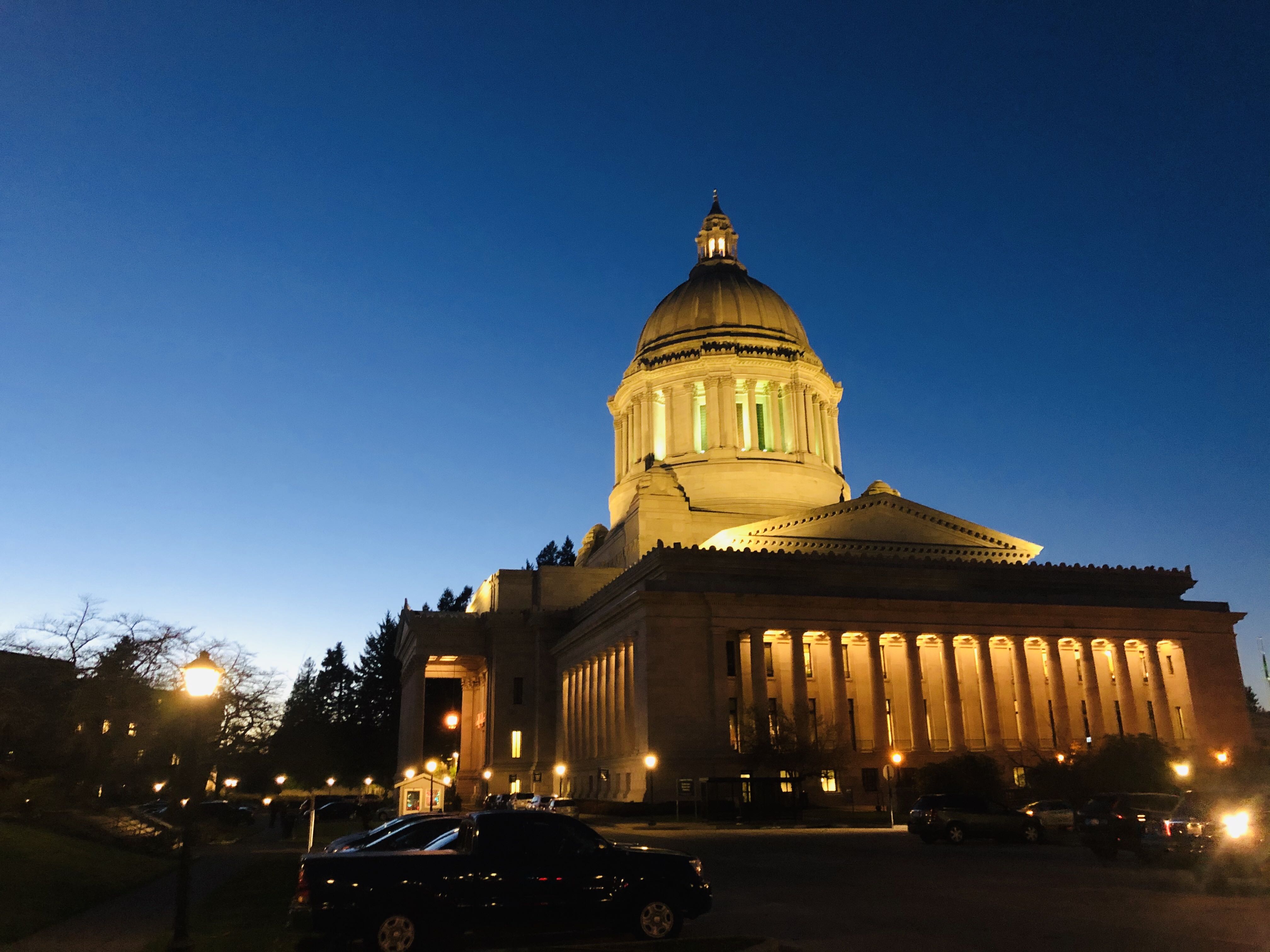
2019 will go down as a turning point in the state’s response to hunger – a solvable problem that leaves more than a million people in Washington, mostly working low-income families with children, and a growing number of seniors, missing meals that would otherwise nourish their lives.
Looking back over the year reveals a lot of frustration, but also real optimism for what’s ahead. For hunger advocates, 2019 was a year of playing offense and defense. Gains at the state level, but significant setbacks (SNAP) at the federal level.
Wins and losses aside, the real story is about how the hunger movement evolved and how the interplay of issues and leaders worked to set the stage for real progress to come.
A big win in 2019 was growth among our “hunger champions.” The year saw an emergent hunger caucus in the Washington State House of Representatives. Gaining traction, the “Food Fighters” grew to eight members and became more organized. Now food policy considerations have a coordinating point and a team to help manage issues through the legislative process.
A second big win occurred when the state’s Food Policy Forum accomplished its recommendations to the legislature. This new public-private partnership convenes to promote food system goals in Washington, including hunger relief. Integrating hunger policy recommendations into an overarching strategy for the state is an important platform.
Another big state win for hunger was unanimous passage of a food waste bill to cut in half the amount of food sent to landfills by the year 2030. A plan is being developed in 2020 and this creates the opportunity to essentially rewire how food donation happens in the state. Given the right tools and the right set of conditions, Washington can end hunger!
Maybe the biggest reason for optimism is better organizing among hunger relief entities, advocates, and stakeholders. Washington is home to more than 500 charitable organizations doing some form of hunger relief work. Add to this coalitions, community partnerships, local government agencies, food industry and business partners who contribute in varied ways. Engaging more voices around shared priorities created needed momentum and focus for a hunger movement that is inescapably broad in scope.
Capping the positives, Food Lifeline’s Advocacy grew in many ways. We introduced a Public Policy Platform and Legislative Agenda to focus our efforts. We expanded our advocacy outreach to volunteers and supporters of Food Lifeline. We grew our government relations team and dedicated to full time representation in Olympia. We hosted policy events at our Hunger Solution Center to convene lawmakers and stakeholders. We introduced Legislative Awards to thank our champions. And we went to DC to lobby our Congressional delegation. For a complete list of state legislative wins in 2019, please see our accomplishments report.

